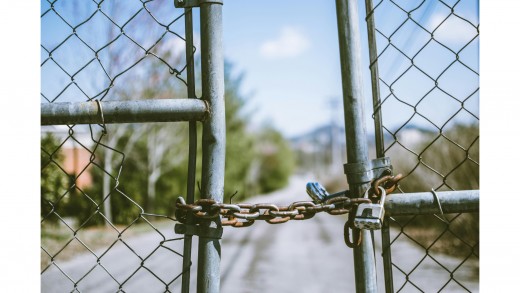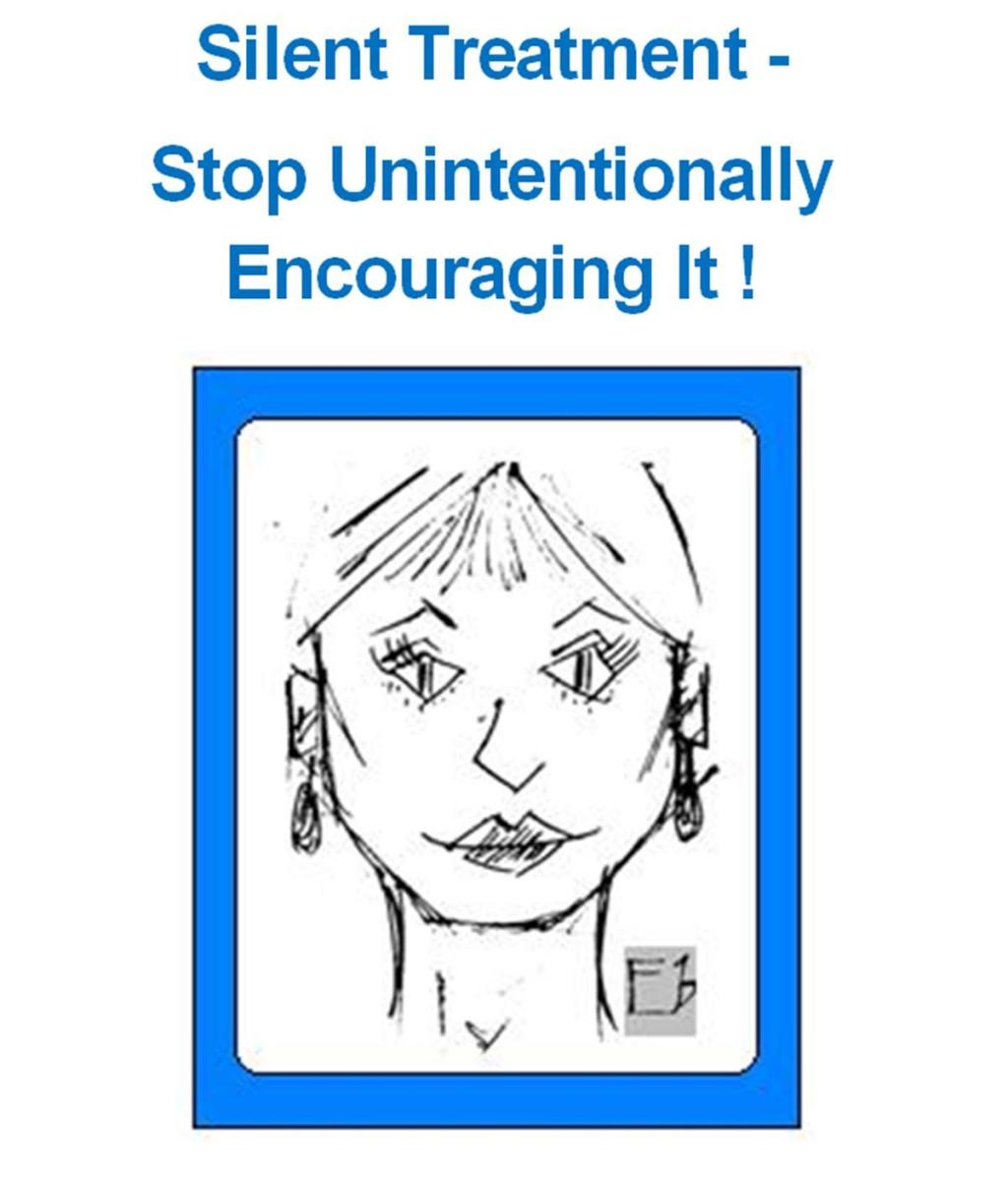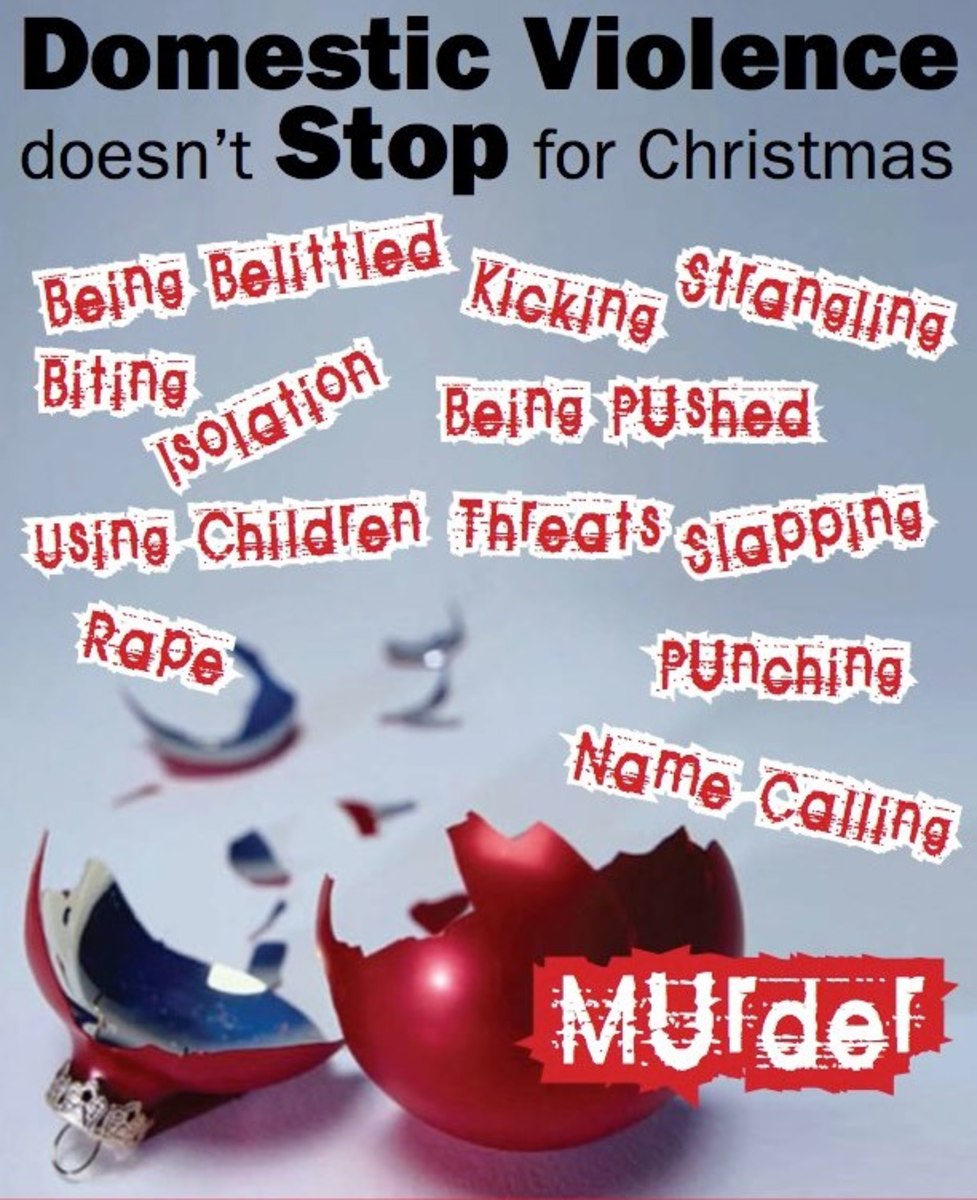How to Deal with Emotional Abuse?

Victims React Differently to Emotional Abuse
Emotional abuse occurs mostly during verbal abuse and bullying but it also persists with other forms of abuse. Intimidation or unfair comparison can have an equally negative impact.
Healing from emotional abuse can be an arduous and long process. Victims can suffer from PTSD (Post-traumatic Stress Disorder) if their experiences of emotional abuse turn into nightmares. Trauma manifests through overreactions or inability to cope. Emotional abuse and PTSD are also linked to intimate partner violence.
Emotional Abuse in Relationships
Emotional abuse damages relationships while it has pervasive social consequences. When patterns of abuse develop it can persist in families for generations. Children who suffer psychological consequences can then become perpetrators of violence as well.
Emotional abuse in relationships may lead to an isolation instigated by the controlling behavior of a partner. It then unfolds in physical violence and property damage, where the law may interfere. Signs of emotional abuse vary. They can range from provoking arguments, name-calling or shouting. They can also involve attempts to limit contacts with family or friends.
There may be more than one emotional abuse definition. It is better defined by the behaviors that characterize it, such as verbal abuse, coercive control, isolation, name-calling or threats.
Emotional abuse is often unrecognized and hidden, as its boundaries can blur. Violent conflicts between family members can have damaging psychological implications.
Triggers of emotional abuse lead to drug addiction, homelessness, prostitution, and violence. There are also various signs of abusive relationships with behaviors perpetuated through childhood experiences such as being a subject of shaming, belittling, derision, ridicule or observing violent interactions between parents.
Another form of emotional abuse called gaslighting creates doubts in victims about their own judgments. They are made disbelieve themselves. They are then forced to rely on their abusive partners who exert control over them. Gaslighting makes the victim question their reality. The abuse they experience may seem not to be abuse. Just as women cease to rely on their perceptions they are also disbelieved in what they are saying and silenced.
Emotionally Abusive Parents
Parents who maltreat and neglect their children often exhibit certain characteristics. Their behavior can stem from their own upbringing while it can also be influenced by their level of education, economic as well as social circumstances and their environment, such as whether there is violence in the area where they live. They need to learn to cope with stressful and difficult circumstances.
It has been found that emotionally abusive men experience post-traumatic stress disorder that can be the cause as well as the effect of aggression.
Documentary Burning the Soul Dealing with Emotional Abuse raises and explains these issues along with psychological effects of emotional abuse. There are various examples of emotional abuse, including experts' commentary. You can find out what is mental violence as well as all about other aspects of abuse in this documentary available on Amazon.
What is Emotional Abuse?
Emotional abuse is about the way victims feel after behaviors such humiliation, put down, harassment or verbal violence take place. These behaviors tend to be intentional and not accidental. There is a specific aim in the mind of a perpetrator, even though it may be followed by apologies and promises of never doing it again. In this way, the victim can be controlled. Abused women or other victims of violence experience anger, dejection, and worthlessness. These effects are also present at work, where it leads to lower productivity levels. Those who express innuendos or even rumors can damage one's self-esteem.
Witnessing hostilities and extreme conflicts can have the same effect on those who are victims as well as on those who are bystanders. Even those, who only observe such incidents can suffer low self-esteem and lack of confidence. It then leads to a diminished capacity in dealing with such behaviors.
More imminent effects of abusive behaviors revolve around health issues, such as difficulties with concentration, memory problems as well as other ailments requiring treatments following emotional abuse. Most of all, it leads to a cycle of abuse and less assertive behaviors due to emotional abuse that can be even more repressive than physical abuse.
It is difficult to discern how abusive behaviors evolve. The signs of an emotionally abusive relationship may be subtle such as ignoring someone or even not hearing what they are saying or they may be physical such as hitting someone. Those who perpetrate abuse come from families that were abusive. They often have experience of non-caring environments. During their childhood, they learn disorganization and hostility because of such environments. Later, they misinterpret social situations and become aggressive.
There are various signs of an emotionally abusive relationship. They can range from subtle manipulations to disrespect and name calling and may lead to a change in the personality of the victim.
Other emotional abuse signs can emerge as consequences of abuse manifesting in drug addiction, teen pregnancy, eating disorders, PTSD, aggression, and withdrawal. Symptoms of emotional abuse may also result in depression.
Victims of violence are often unable to leave their bad relationships or deal with them because their sense of self has been eradicated. They may also display a battered woman syndrome when acts of threats are part of emotional violence. This cycle of violence can be difficult to escape.
- Domestic Violence Issues
Information about domestic violence and Domestic Violence Guide
Coping Mechanisms
Victims of emotional abuse suffer high levels of stress that affect their families. This situation can be particularly difficult if men exhibit sociopathic tendencies. They may be charming, but at other times exhibit aggression that turns into violence. They can behave in an exploitative way, break the law, but never admit to wrongdoing. Those who exhibit psychopathic tendencies can be more dangerous, as they are unable to sympathize with others and can harm.
If you are in an abusive relationship you can learn to recognize the signs of domestic violence, such as assault or controlling behaviors. Violence against women or violence in relationships can start in a subtle way with belittling or calling names. Family domestic violence can start with a complete lack of trust that justifies various types of interference in another's person's life.
Emotional Abuse and Law
Victims or perpetrators of domestic abuse often have to deal with the law. As the Australian Royal Commission into Child Sexual Abuse found, even state organizations or states were in breach of the law by not reporting incidents or suspected incidents. Some reports of abuse were ignored or dismissed, contributing to more abuse.
There has been new domestic violence legislation designed to deal with violence and abuse to ensure better protection for victims, better support and more effective dealing with offenders, but reporting domestic violence is also important.









